The importance of being able to critique and mock things that are considered sacred is crucial in our free-speaking society.
The ability to ridicule someone who is deceased, satirize a religious prophet or even mock ideologies that people cling to, personally, they’re all open game.
In this day and age, people are so used to and fond of the idea that simply saying “that’s offensive” or “I’m offended” consist of an argument. It doesn’t.
In the sphere of academia, when the so called “offended” rise and give lip service as to why certain subjects are taboo or too fragile to discuss, they usually end up showing their failure of giving a distinction between people and ideas.
“What do you mean by that?” One might ask, well, allow me to give you an easy targeted example: Religion.
Within religion, there are beliefs, ideological concepts and worldviews that are, I would say, questionable and make large claims for itself.
People at times challenge those ideas and instead of defending those concepts in an academic way, not all but some, begin to feel “offended” that their ideas are being challenged and end up confusing disagreement with persecution.
They see the challenge not as an attack on their ideas but instead, as an attack on them as a person.
This is what I mean by failing to see or admit the distinction between people and ideas.
It isn’t just religion that does this, political and philosophical movements do this too.
The death of John McCain was surrounded by this sort of thinking.
Critiquing his rhetoric on foreign policy automatically equated to disrespecting his family upon his death. Again, failing to differentiate between people and ideas.
When a society doesn’t make this distinction you’ll get all sorts of ideas that go unchallenged.
Not only that, when people who hold those ideas get into power it isn’t any better. It is this that makes it very difficult for the Middle East to have its own enlightenment movement and to turn away from Islamic doctrine from having power.
The philosophy behind this column is to show that no ideology is sacred. No matter if it’s religious, political or philosophical.
No matter how offended you are, if you express your ideas publicly then expect those same ideas to be challenged publicly.
You can expect your sacred ideology to be challenged or even mocked in this weekly column.
To many, this will certainly be… Letters of Blasphemy.





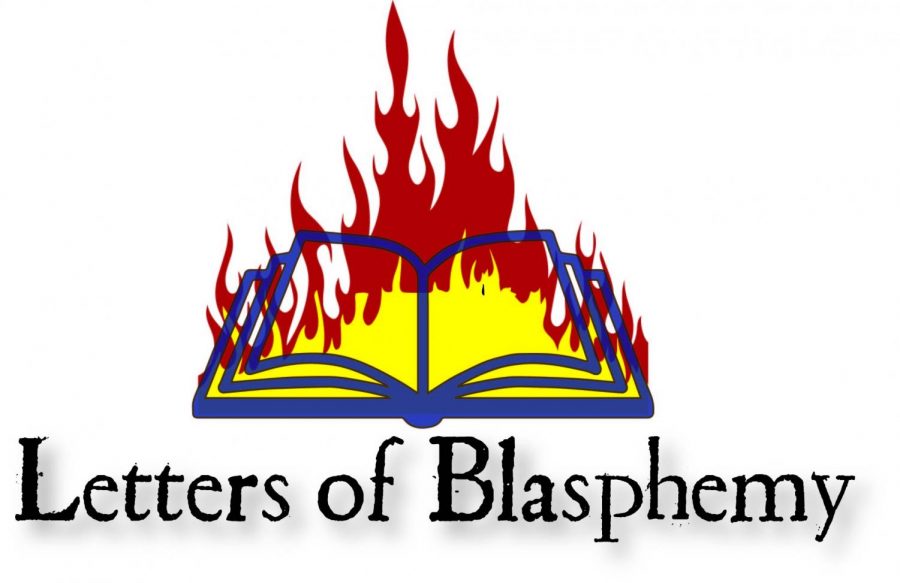
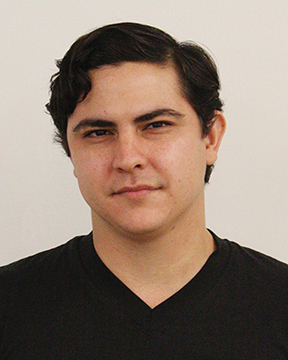
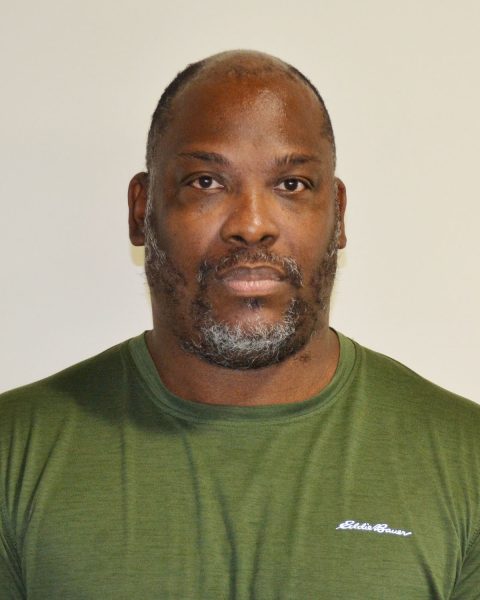
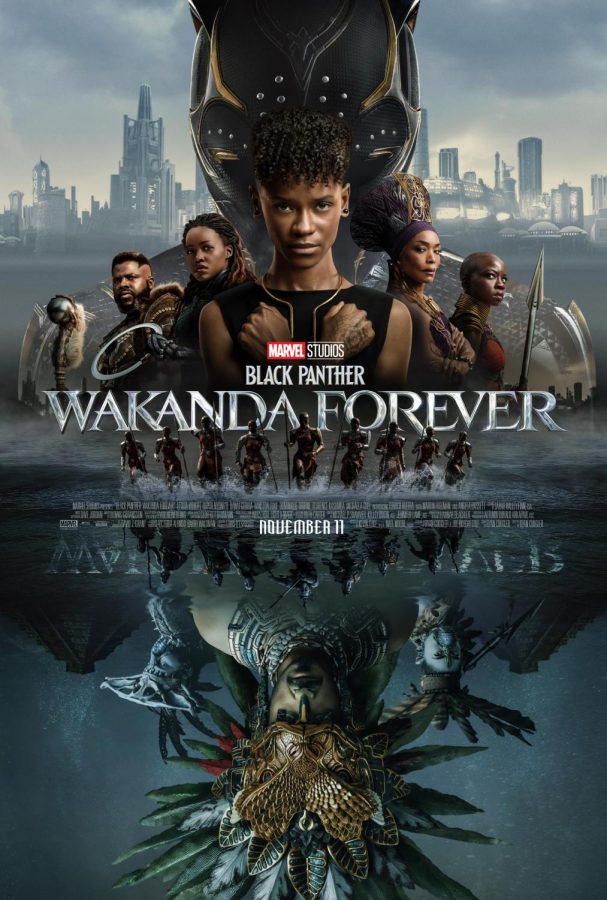
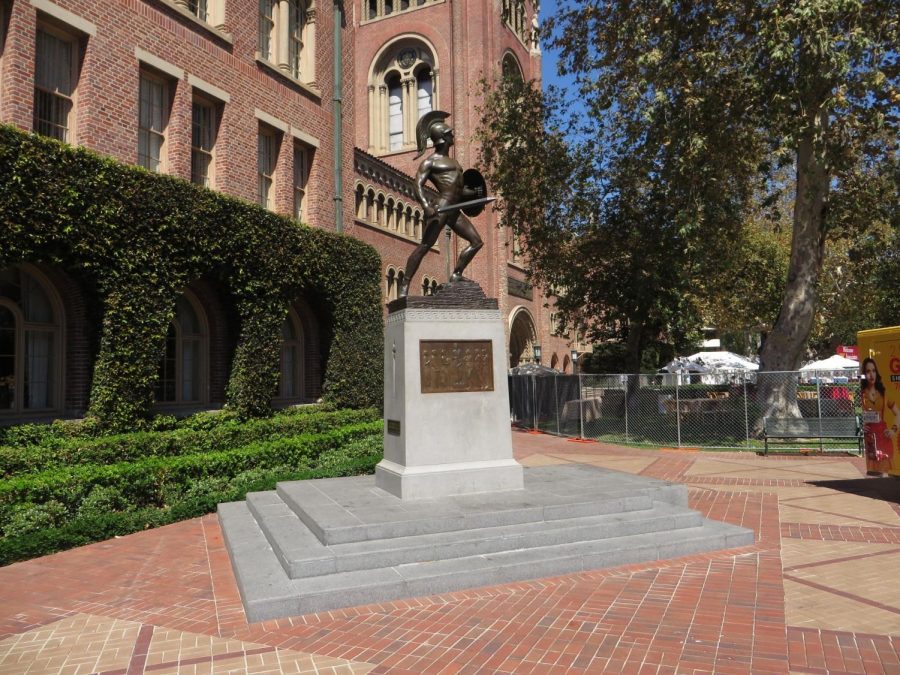





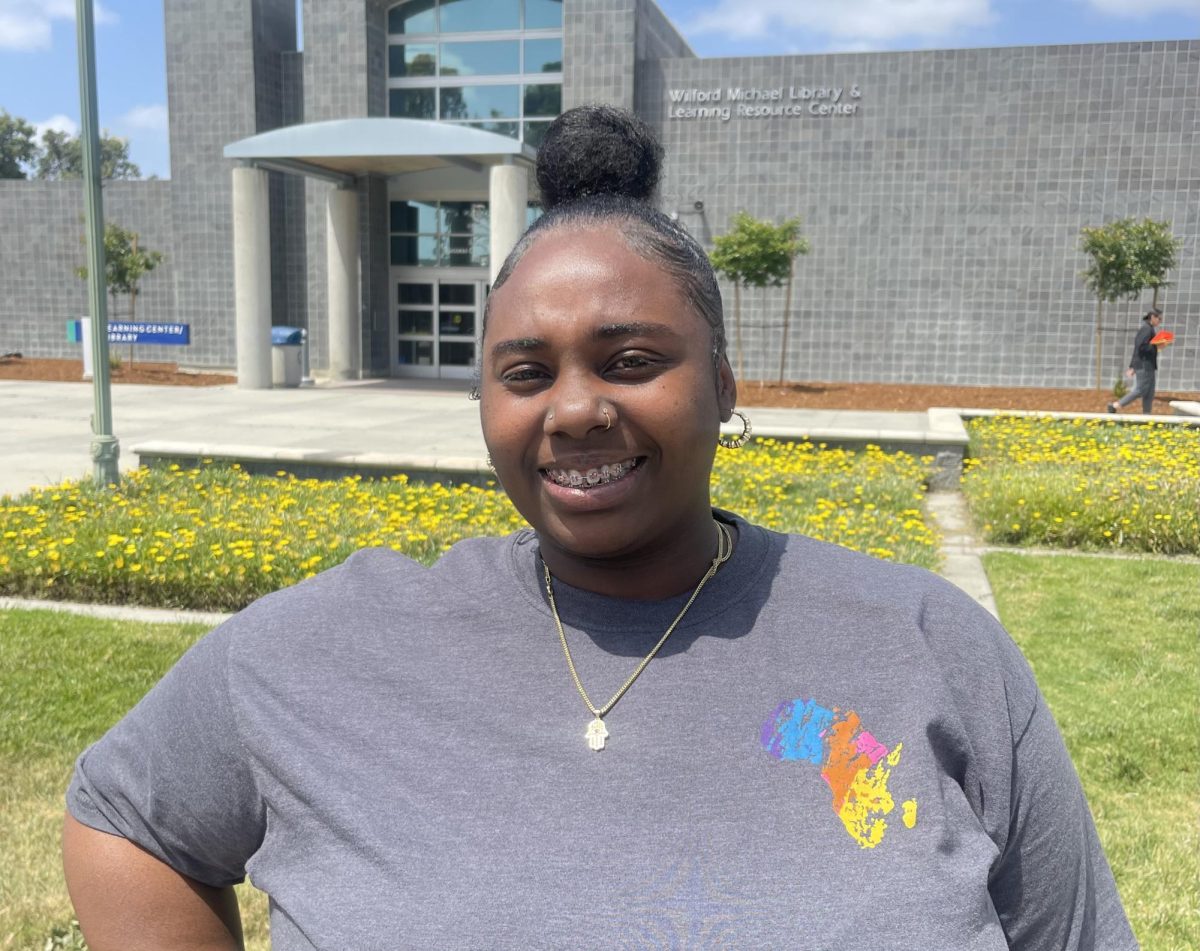

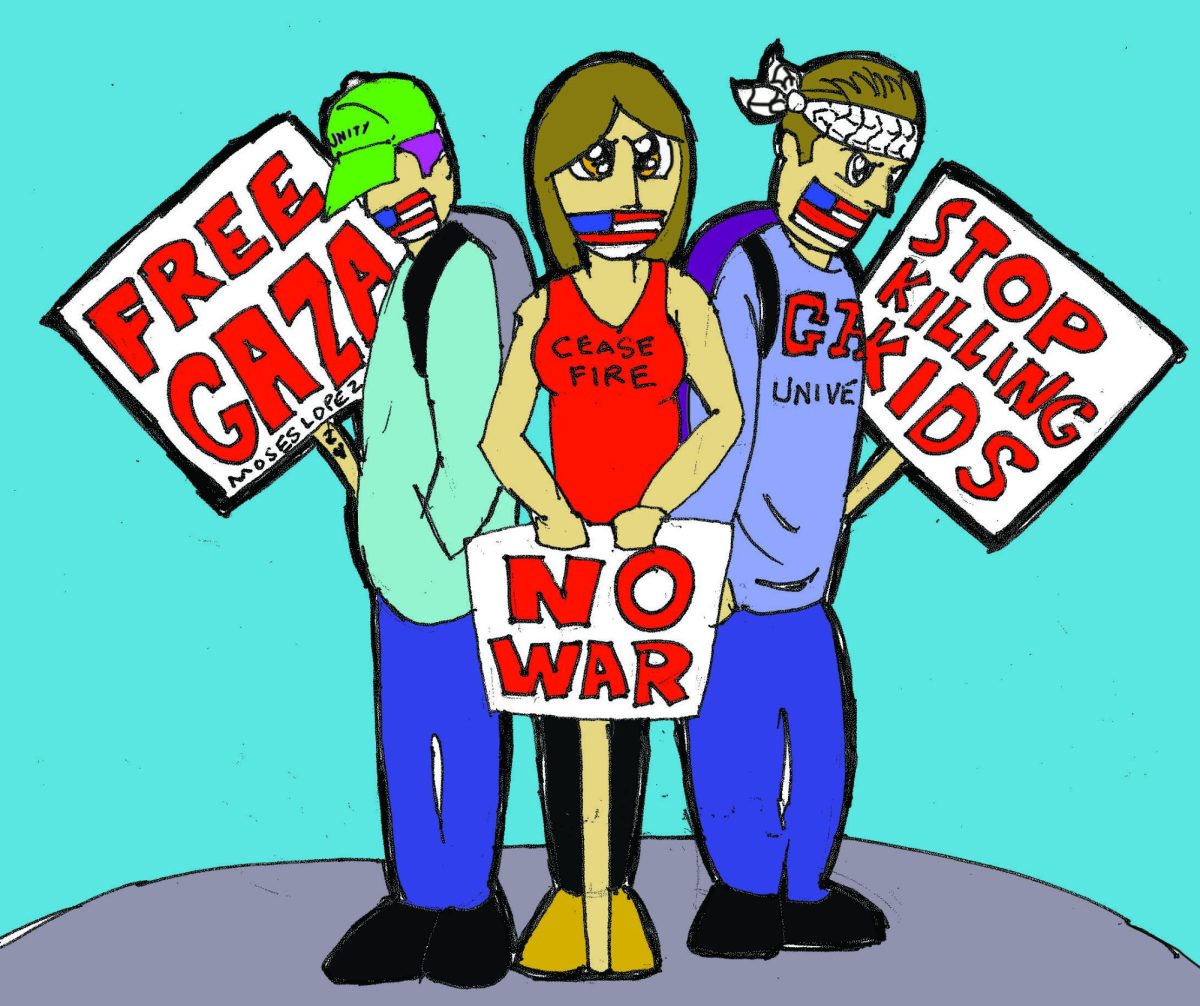
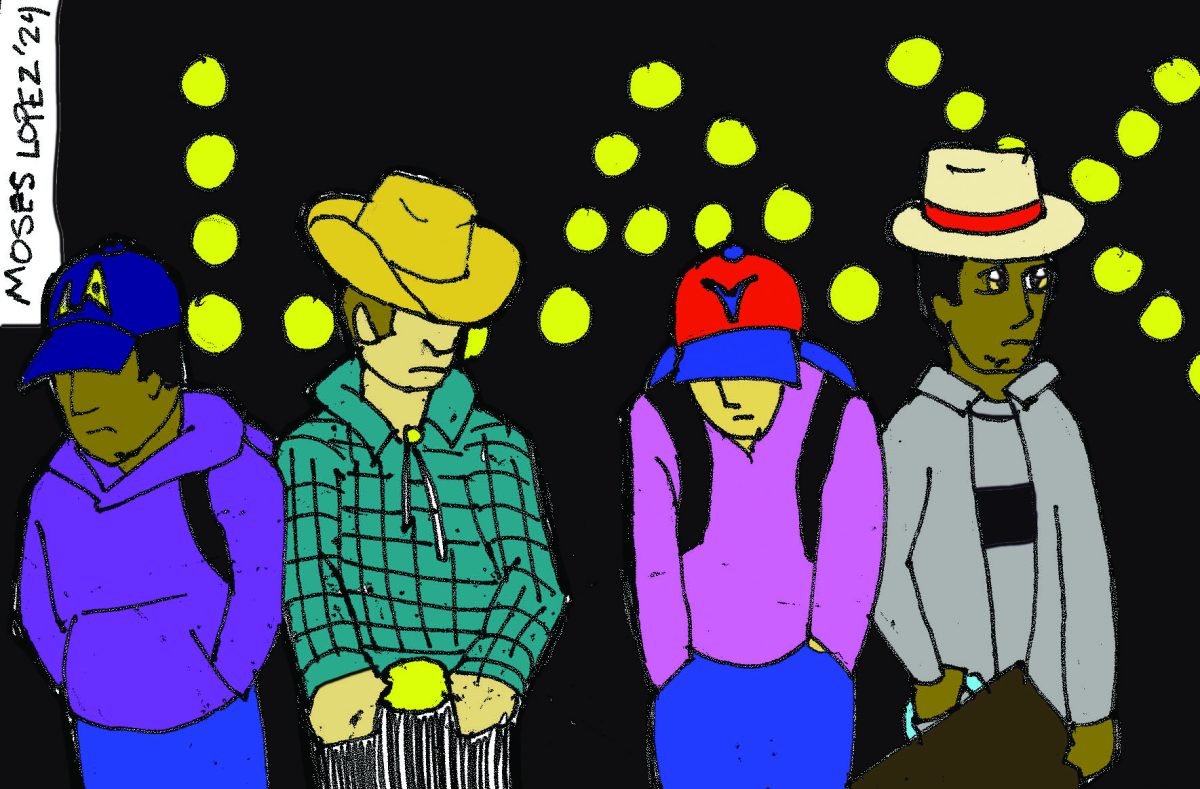
Dennis Falcon • Sep 25, 2018 at 11:26 am
Why I don’t say the pledge of allegiance.
I don’t say the pledge of allegiance because I don’t have to. I also don’t want to. As a citizen I am protected by the First Amendment. My freedom to express myself is recognized by many as a fundamental right. It doesn’t just apply to my right to hold opinions and beliefs on any subject, or the freedom to comment on government–including criticizing any government policy or official–it also applies to public circumstances where social standards and expectations may apply pressure on individuals to conform.
The pledge of allegiance was written to commemorate the discovery of America by Columbus. As a Native person, the pledge is a symbol similar to the Confederate flag still being flown in public places. They are offensive to my history, ancestry, and principles. I don’t begrudge others for continuing the practice at college events, but if it were up to me I would discontinue it.
Ask yourself … Would anybody actually miss it if we did? P.S. I make an exception when there are uniformed military present. Go figure.